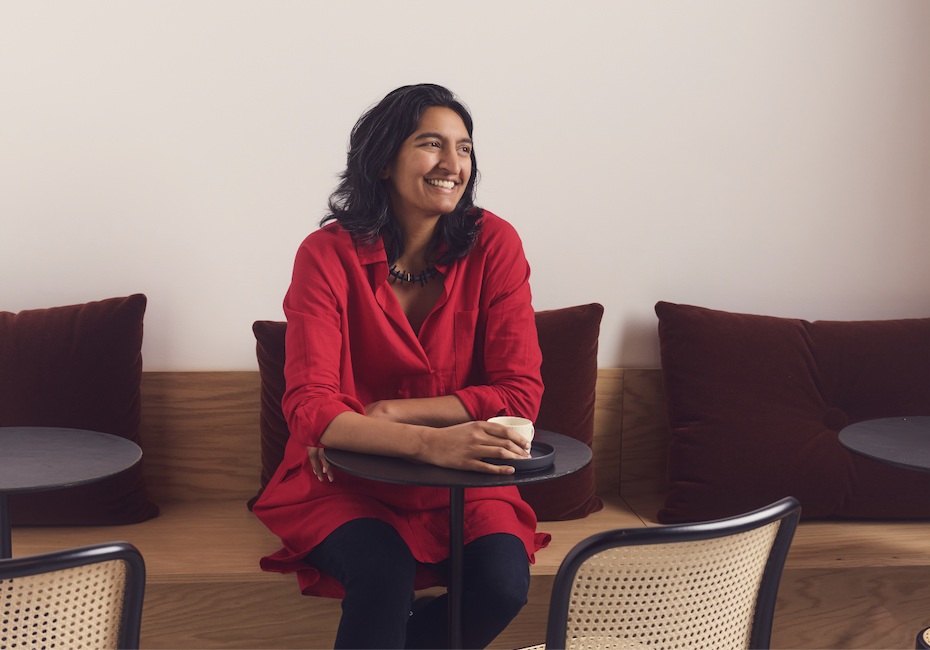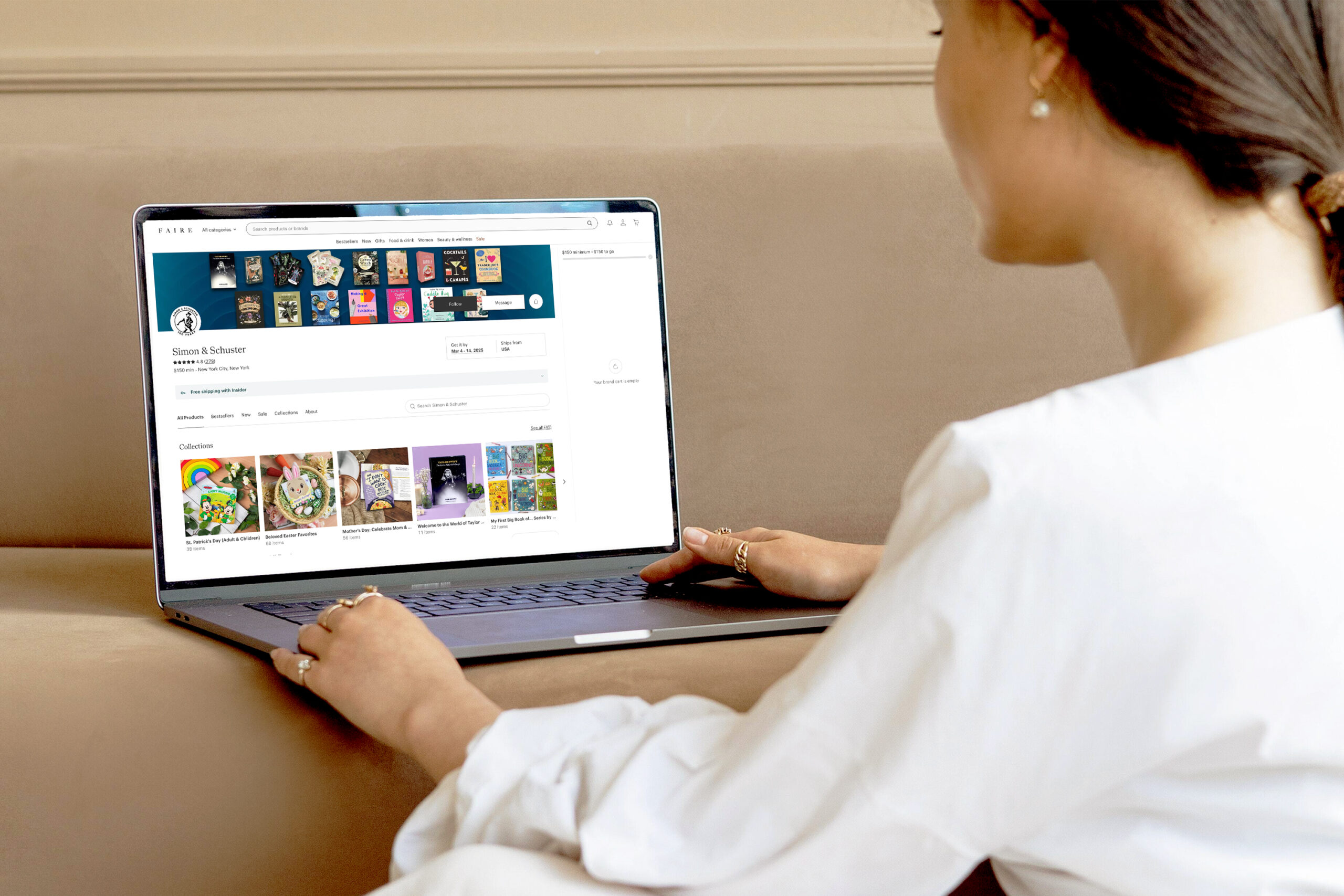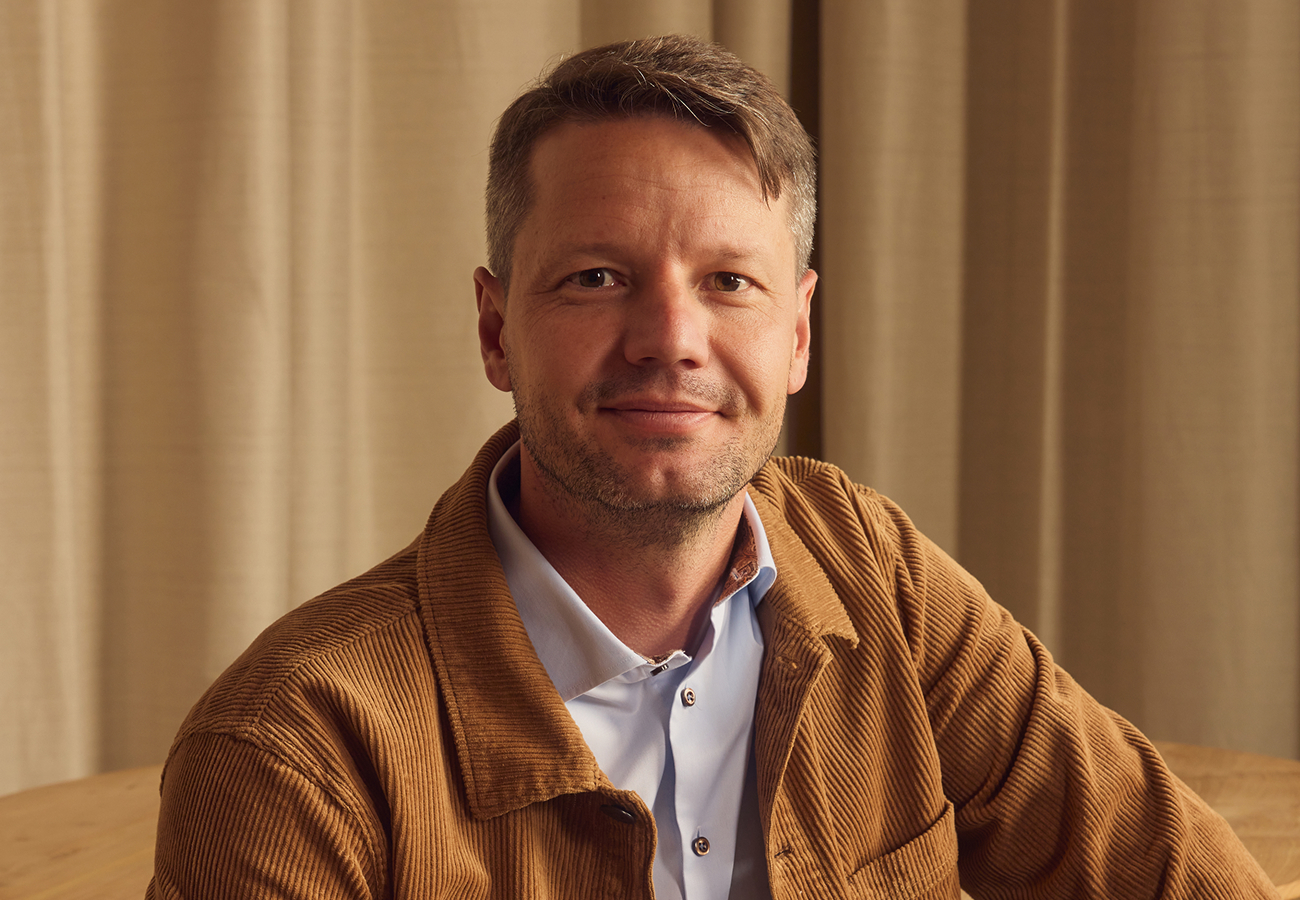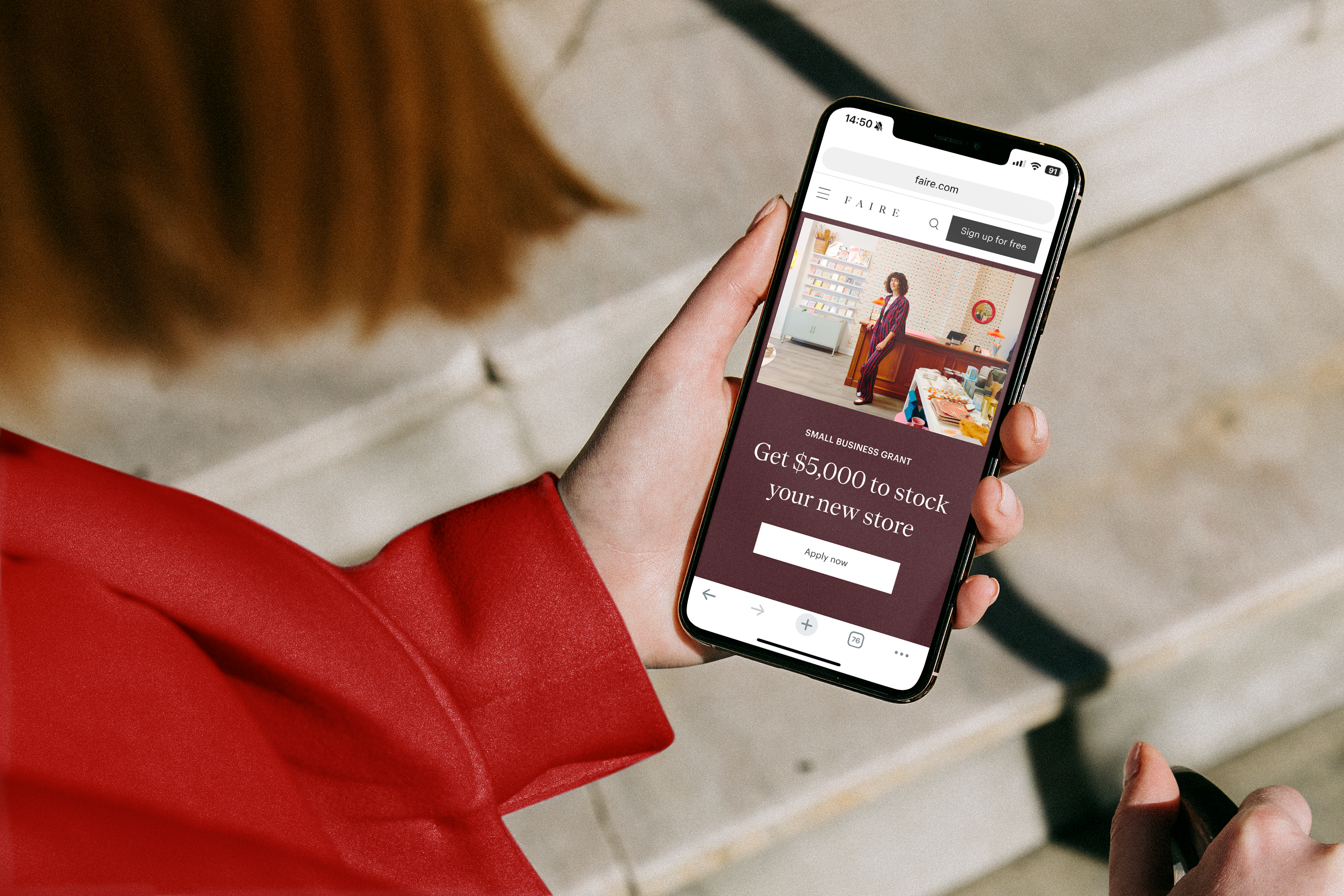Ami Vora Discusses Her Path to Becoming Faire’s First Chief Product Officer, at the 2023 Women in Product Conference
July 20, 2023 | By Faire

Ami Vora, Chief Product Officer at Faire, spoke at this year’s Women in Product conference to share insights from her journey to becoming CPO. The Women in Product conference aims to equip women and non-binary people with the tools and resources needed to thrive in product management careers across all levels. Ami has been involved with the WIP conference for many years, and returned this year as a keynote speaker, sharing her experiences with the goal of helping other women who might be going through similar challenges when it comes to navigating a career in product.
The Journey to Becoming CPO
Ami spent the last 20 years working in the tech industry. As an early employee at Meta, she built large and small teams, created 0-1 products, and scaled multi-billion dollar businesses. Prior to that, she worked in roles across product, marketing, comms, policy, a small VC fund, and more. Ami has compared her career to a small plates dinner because it encapsulates “a little bit of everything” in tech. Her Women in Product keynote shared 5 top lessons she learned throughout her career about product, leadership, and scaling that led to her current role as CPO.
Ami Vora’s 5 Tips
It’s tempting to think that there are omniscient leaders waiting to tap you on the shoulder with the perfect problem to be solved, but they don’t exist! And waiting for permission to take on interesting problems holds you back. If you are close enough to identify a problem, you are the right person to help find a solution. Ami’s found success by taking perfection off the table, and just saying “yes”’ to solving interesting problems – even if they’re not tied directly to her role. One way to start: ask peers and managers if you can help with their more challenging problems. It may feel uncomfortable at first, but it’s a great way to add value. Growth happens when you embrace the discomfort.
We automatically think of failure as a roadblock to success. But what if we viewed it as an experiment that offered opportunities for growth? Failure is part of daily life, whether it’s packing the wrong lunch for your kids to not moving fast enough on a problem at work. When faced with failure, let’s ask ourselves questions that will help us learn from our mistakes, such as “What did I learn?” or “What information can I take away with me?” Instead of trying to avoid failure, Ami focuses more on learning to recover from it fast – which helps her take more risks and get more growth in the process.
The true testament to a product’s success isn’t whether the strategy was perfect or if product reviews went well – it’s what customers think about it. Luckily, there are a lot of ways to easily understand customer feedback – like searching for reviews on social media, looking at app store comments, reading through internal customer support tickets, or just directly talking with customers. Ami’s favorite experience when doing product research is when she can feel what the customers feel, to the point where it’s almost as if they are sitting on her shoulder, whispering product feedback in her ear. The process can be nerve wracking because the response may not always be positive, but the depth helps us have the empathy needed to make the best decisions about a customer’s experience.
There is often limited guidance on how people should approach the next step in their career. For Ami, a senior technical woman who likes puns, has 3 kids, and believes that cereal is a food group of its own, there was no guidebook on how she personally should think about what was next. Growth came after she asked, “What feels most authentic to me?” and “What is most needed at this moment?” Deciding what you believe is most important for your company and making decisions based on that can be scary, but is also how we take accountability as leaders.
Starting a new role at a new company is exciting and terrifying. It’s normal to want to be an expert right off the bat, but for most of us that’s just not realistic. It isn’t possible to instantly know where all the conference rooms are, or what the best snacks are, or the intricate details of new products within your first couple of weeks. Like making decisions in any new problem space, it’s important to understand how to add value, even without having all of the context or historical company knowledge. Ami starts by focusing on listening, then on documenting decisions, and over time that transitions seamlessly into making decisions directly.
To learn more directly from Faire’s CPO, subscribe to Ami’s substack, The Hard Parts of Growth. Want to catch the rest of Ami’s talk? Click here.
Interested in a career at Faire? Click here to check out open roles.



